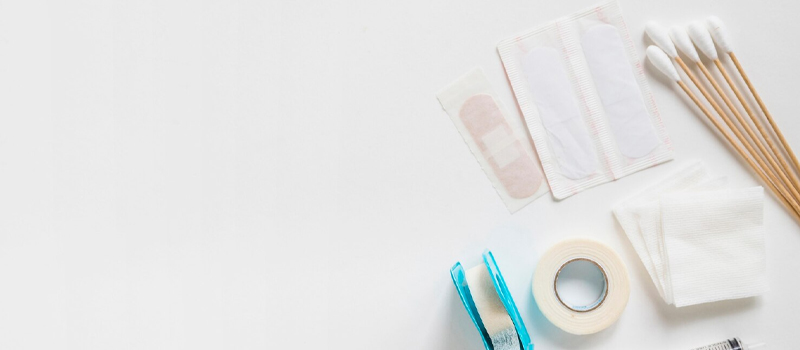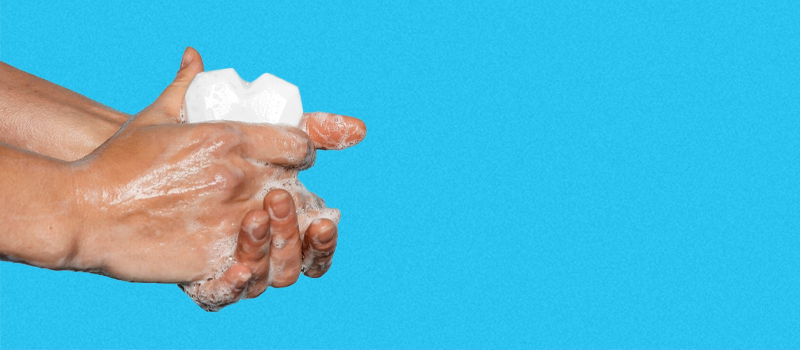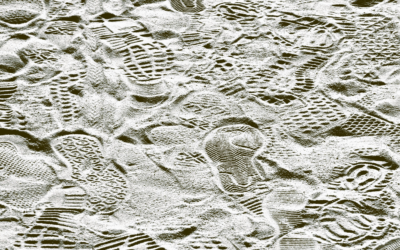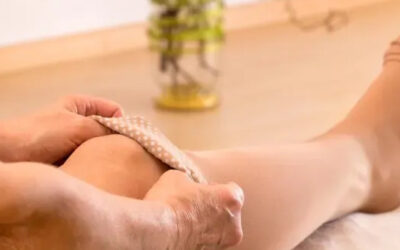Vascular complications can affect any part of the body. The feet are particularly vulnerable to a wide number of conditions. Moreover, foot pain and associative wounds are a common progression path for numerous diseases.
Foot wounds can be extremely painful and take longer to heal. Unfortunately, this can dampen your efforts to perform even the most basic of tasks.

To accelerate foot wound healing and avoid further complications, you will need to keep the wound clean and safe from infections. These tips for preventing foot wounds from infections will help you take care of the affected part until full recovery.
Wound hygiene is paramount
The very first step to keeping any wound safe is cleaning it. As soon as you get injured, it’s important to clean the wound to avoid any infections from sipping in.
As a first aid measure, you can rinse the affected part using warm water and a mild non-irritant soap. This will help get rid of debris, bacteria, and any dirt lodged in the wound.

When taking care of the wound, ensure it remains clean at all times. You can further consult a vascular specialist to learn how to clean specific foot wounds.
Caring for mild wounds
Any foot would should be professionally looked at by a qualified medical expert. In addition to the conventional treatment route, you can take care of the wound using natural remedies.
While not all natural remedies may prove useful, certain elements in nature have been found to help the wound along its healing process. These include;
- Aloe Vera – It houses anti-inflammatory and antimicrobial agents that promote recovery. The plant can also accelerate skin tissue healing.
- Lavender oil – When diluted, lavender oil has been used to speed up the healing process. It also supplies the wound with a ton of antimicrobial effects.
- Honey – The use of honey for wound care dates back millennia. The sugary syrup boasts a tone of wound healing properties. It has also been used as a bandage alternative for open wounds.

While these natural remedies have been used for ages, it is important to remember they are not a substitution for quality medical care. In addition, they should be used on minor wounds and injuries as you await professional medical check-ups.
Beware of signs of infections
You should keep an eye out for common signs of infections. When you notice any of these signs, you should seek medical intervention services as soon as possible.
Some of the common signs of foot wound infections include redness, the wound getting warm, swelling, skin color change, and fever.
Seek medical intervention
Whenever you suspect there’s an infection on a foot wound, you should get checked by a vascular doctor. If not properly cared for, a bacterial foot infection can easily lead to numerous other complications.
Washington Vascular Specialists is the leading expert when it comes to foot wound care. With years of experience and numerous success stories, you can rest assured the wound will be cared for until full recovery. Contact us today and get the best care for foot wounds.



